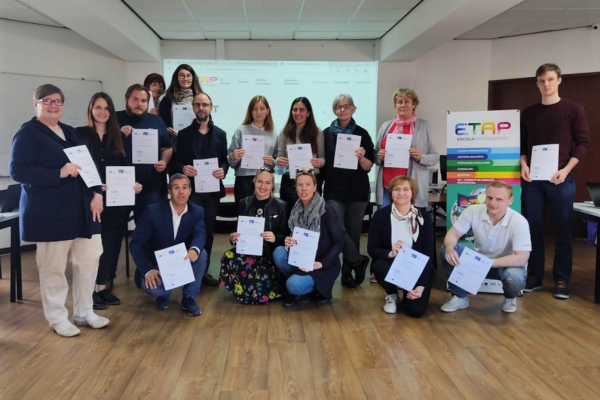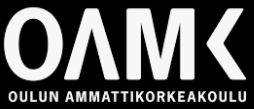Asiasana digital competences
VET Teachers’ Digital Pedagogical Competences in Latvia, Lithuania, and Portugal. Needs Analysis, Review Report and Recommendations for Continuous Education and Training
Kokoomajulkaisu
13.6.2022 - Brauer Sanna, Mäenpää Kati (Eds.)
Digital Tools for Learning and Validation in VET and WBL: Training Program for VET Teachers, Trainers and Mentors (Dig4VET) is an Erasmus+ KA2 Strategic Partnerships for VET-project aimed to improve skills and competences of vocational teachers, trainers and mentors in using digital tools in education process. Main goal is to raise awareness of a variety of digital tools and technolog...
Advanced Continuous Professional Development – Lessons Learned in Finland
Artikkeli
1.1.2022 - Brauer Sanna, Kotimäki Erja, Korkala Hannu
Back to the main page This report is an information resource regarding digital competences of VET teachers, trainers, mentors, an...
Back to the main page In general, the current epoch suggests us to consider novel and more complex approaches to learning and imp...
Recommendations for Future Trainings
Artikkeli
1.1.2022 - Brauer Sanna, Mäenpää Kati, Kilja Päivi, Juntunen Elina
Back to the main page Vocational education, VET teachers and teacher trainers are experiencing constant societal change, resultin...

